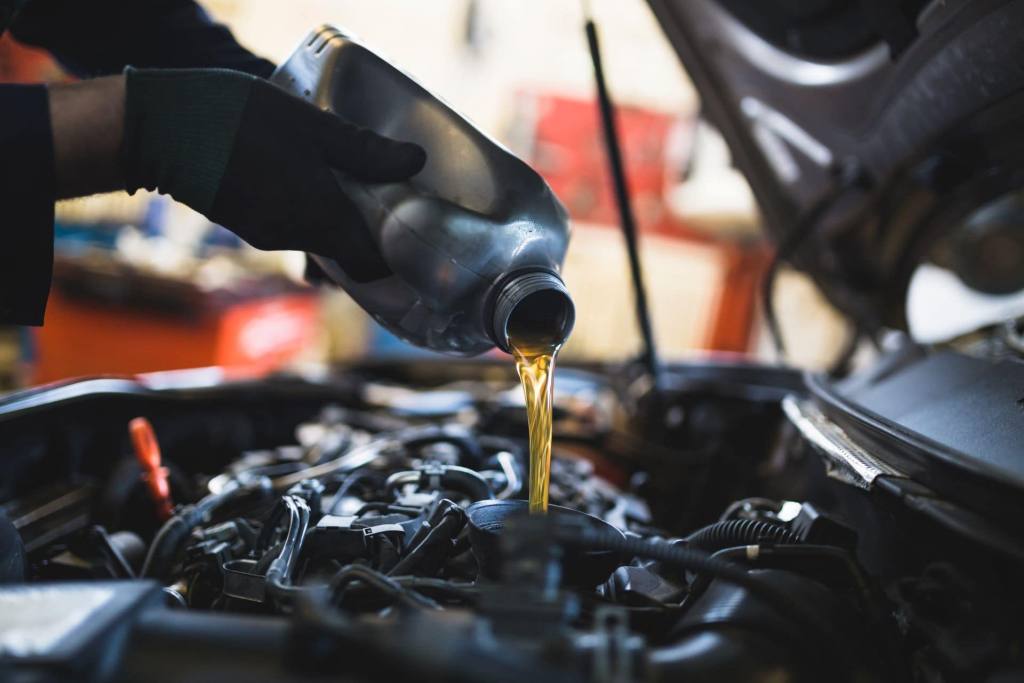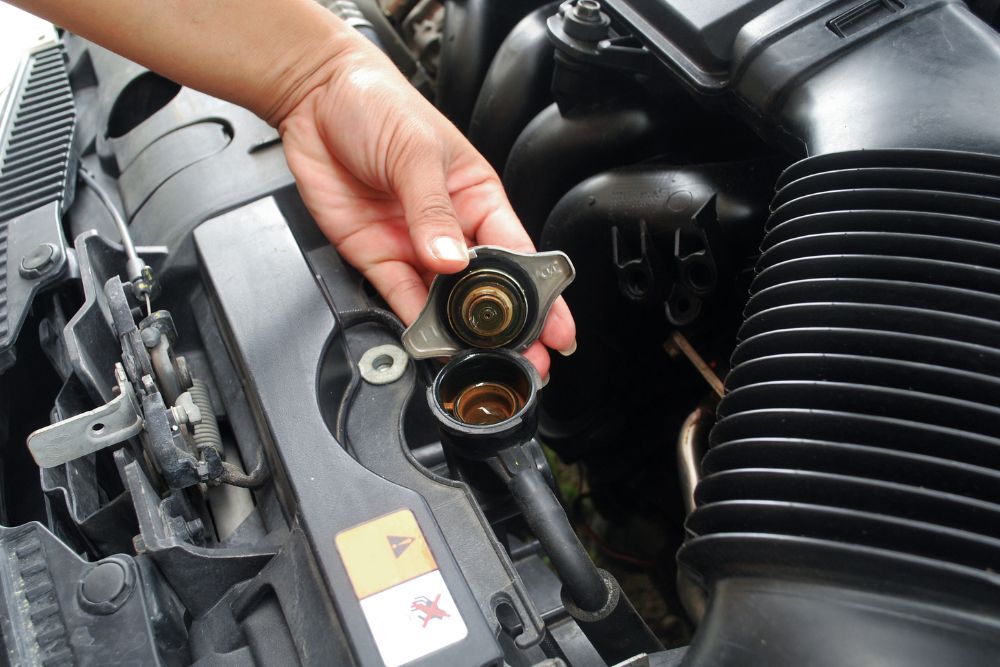Top 5 Benefits of Regular Oil Changes and How to Maintain Them
George
- May 28, 2024
- 4 min read

Regular oil changes are a fundamental part of vehicle maintenance that can significantly enhance your car’s performance, reliability, and lifespan. Many car owners may overlook this essential service, but understanding the benefits it provides can motivate you to prioritize it. Below are the top five benefits of regular oil changes, along with tips on how to maintain them effectively.
1. Enhanced Engine Performance
One of the most significant benefits of regular oil changes is improved engine performance. Fresh oil lubricates engine components, preventing friction and wear, which can lead to overheating and eventual breakdown. As engine oil ages, it accumulates dirt, debris, and contaminants that can hinder its effectiveness. By regularly replacing old oil with new oil, you ensure that the engine operates at optimal levels, delivering better power and efficiency. As a result, your vehicle can respond more quickly to acceleration, making your driving experience smoother and more enjoyable.
2. Improved Fuel Efficiency
Another notable advantage of regular oil changes is enhanced fuel efficiency. Dirty or old oil can create friction inside the engine, forcing it to work harder and consume more fuel. By keeping the oil clean, you can help your engine run more efficiently, leading to improved gas mileage. Studies suggest that maintaining proper oil levels and using clean oil can boost fuel economy by as much as 2–5%. This increase might seem modest, but over time, the savings can add up significantly, allowing you to travel longer distances on less fuel.

3. Engine Longevity
A well-maintained engine is key to extending the overall life of your vehicle. Regular oil changes reduce wear and tear on engine components, helping to prevent costly repairs down the line. Oil acts as a coolant and lubricant, protecting vulnerable areas from excessive heat and friction. Neglecting oil changes can lead to extensive damage, potentially resulting in engine failure. By scheduling regular oil changes, you contribute to a longer lifespan for your engine and improve the chances of keeping your car on the road for many more years.
4. Prevention of Contaminant Buildup
Over time, engine oil deteriorates and becomes contaminated with dirt, particles, and sludge. Regular oil changes help remove these contaminants, preventing buildup that can impede engine function. Contaminants can clog oil passages, reducing oil circulation and leading to potential engine failures. By proactively changing the oil, you maintain clean and effective lubrication systems, promoting even wear on engine parts. This preventative maintenance can save you money on repairs associated with neglecting oil quality.
5. Warranty Compliance
If your vehicle is still under warranty, adhering to the manufacturer’s recommended oil change schedule is crucial for maintaining that warranty. Many manufacturers specify that regular oil changes must be performed to keep the warranty valid. Failing to follow these guidelines could lead to complications when filing a claim for repair costs. Keeping detailed records of oil changes not only protects your warranty but can also enhance resale value if you choose to sell your car in the future.
How to Maintain Regular Oil Changes
To fully enjoy the benefits of oil changes, it’s essential to establish a routine:
- Follow the Manufacturer’s Guidelines: Check your owner’s manual for recommended oil change intervals. These guidelines often depend on the type of oil used (conventional or synthetic) and your driving habits.
- Monitor Oil Levels and Condition: Regularly check the oil level using the dipstick in your engine. Make sure the oil level is within the acceptable range, and look for signs of discoloration or graininess that may indicate contamination.
- Schedule Changes Based on Driving Conditions: If you frequently drive in severe conditions (such as stop-and-go traffic, extreme temperatures, or towing), consider shortening the time between oil changes, as these factors can lead to quicker oil deterioration.
- Choose Quality Oil and Filters: Always use high-quality oil and filters recommended for your vehicle. The right products can significantly enhance engine performance and protection.
- Keep Records: Maintain a log of all oil changes, including dates, mileage, and the type of oil used. Documentation can be helpful for warranty claims and for keeping track of your maintenance schedule.
Conclusion
Regular oil changes are integral to maintaining a healthy vehicle and enjoying optimal performance. The benefits include enhanced engine performance, improved fuel efficiency, increased engine longevity, prevention of contaminant buildup, and warranty compliance. By establishing a routine to monitor oil levels and change oil based on manufacturer recommendations, car owners can extend the life of their vehicles and prevent costly repairs. Investing in routine oil changes is a small price to pay for peace of mind and a smooth driving experience.









